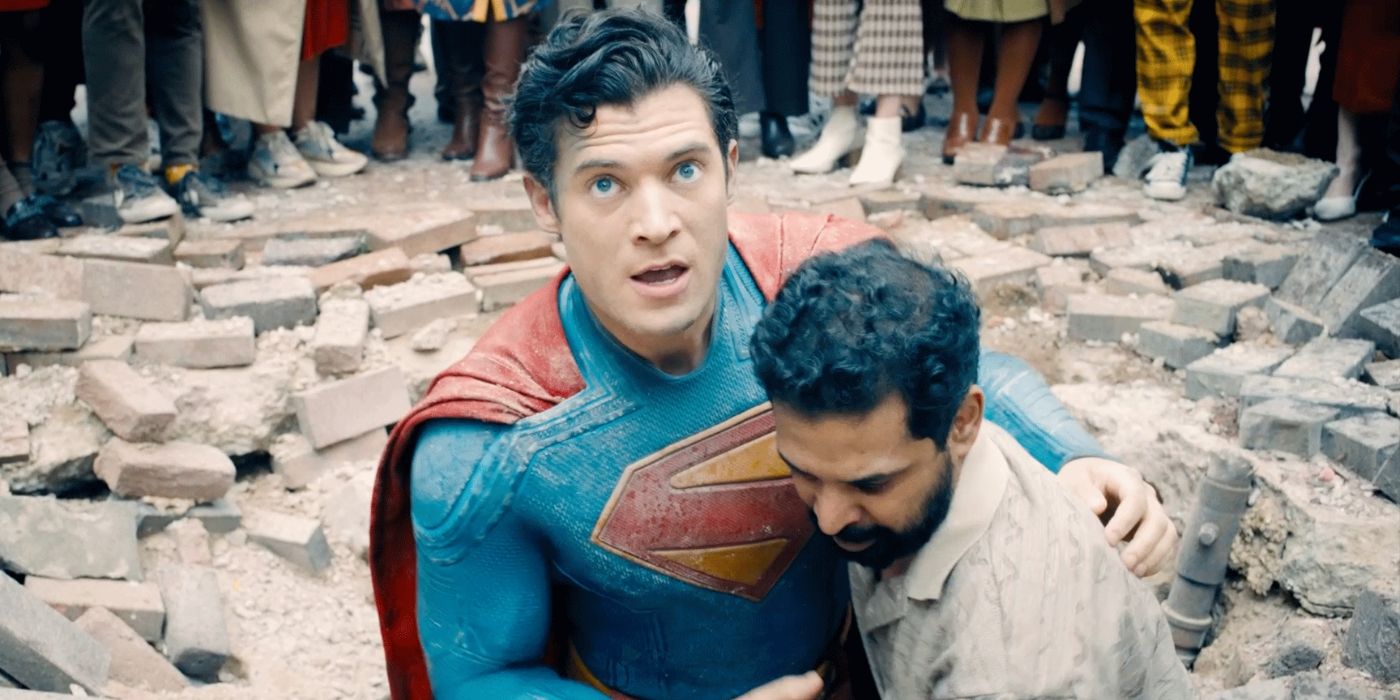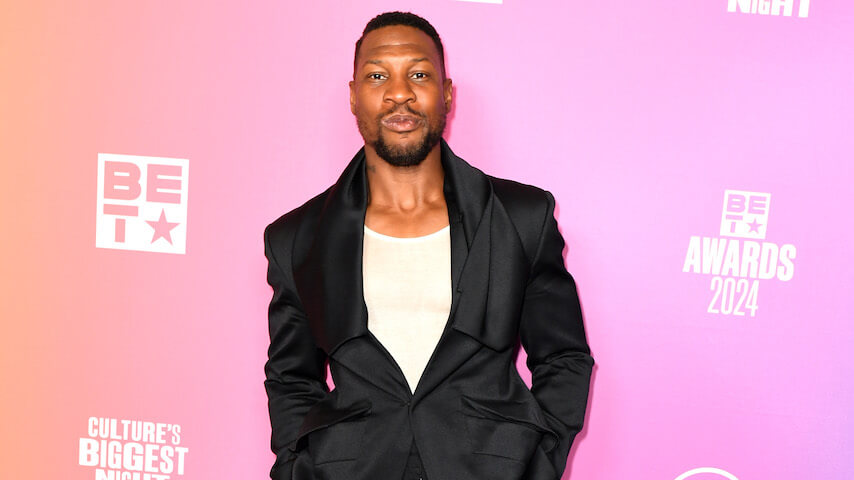James Gunn and Henry Cavill: Professionalism and Respect in the DC Universe
#james_gunn #henry_cavill #dc_extended_universe #superman #film_franchise

Introduction
The Hollywood Reporter recently published an interview with director James Gunn, where he talked about his experience working on the DC film "The Suicide Squad." In the interview, Gunn shared an interesting detail about his conversation with actor Henry Cavill, who played Superman in the DC Extended Universe.
Key Details
Gunn revealed that he had to break the news to Cavill that he would not be returning as Superman in future DC films. According to Gunn, Cavill was very professional and understanding about the situation. He even requested that he be the one to announce the news, rather than having it come from the media. This shows the mutual respect between Gunn and Cavill, as well as Cavill's dedication to his role as Superman.
Impact
This interaction between Gunn and Cavill highlights the challenges and difficulties that come with being a part of a major film franchise. While fans may have been disappointed to hear that Cavill would not be returning as Superman, it is important to remember that actors are often at the mercy of the decisions made by studios and directors. This also speaks to the professionalism and grace of both Gunn and Cavill, as they were able to handle the situation with respect and understanding.
About the People Mentioned
James Gunn
James Gunn is an American filmmaker known for his distinctive blend of dark humor, emotional depth, and genre filmmaking, particularly in the superhero and sci-fi domains. Born in St. Louis, Missouri, in 1966, Gunn developed an early interest in storytelling and filmmaking, creating Super 8 films from the age of twelve. He began his career in independent cinema with Troma Entertainment, co-writing the cult film *Tromeo and Juliet* (1996) and later directing the horror-comedy *Slither* (2006), which gained critical acclaim[1][5]. Gunn rose to mainstream prominence as the writer and director of Marvel’s *Guardians of the Galaxy* franchise. The first film (2014) was a major critical and commercial success, grossing over $773 million worldwide and establishing Gunn as a major creative force in the Marvel Cinematic Universe (MCU). He continued to write and direct its sequels, *Guardians of the Galaxy Vol. 2* (2017) and *Vol. 3* (2023), with the latest installment earning over $835 million globally, further cementing his reputation[3][6][8]. In 2021, Gunn transitioned to DC Studios, where he serves as Co-Chairman and CEO alongside Peter Safran. At DC, he wrote and directed *The Suicide Squad* (2021), which was notable for revitalizing the franchise with a fresh, irreverent tone. Gunn is also the writer-director of the upcoming *Superman* film, scheduled for release in July 2025, marking a significant step in his leadership of DC’s cinematic universe[3][7][8]. Beyond filmmaking, Gunn has been involved with music, founding the band The Icons in the late 1980s and composing songs for some of his films. His career reflects a unique ability to blend genre conventions with humor and heart, making him a defining figure in contemporary superhero cinema[1].
About the Organizations Mentioned
The Hollywood Reporter
**The Hollywood Reporter (THR)** is a leading entertainment industry publication that has been a cornerstone of Hollywood news and information since its inception in 1930. Founded by William R. "Billy" Wilkerson, THR was the first daily entertainment trade newspaper, revolutionizing the way the film industry disseminated news and insights to professionals and enthusiasts alike. ## History and Key Achievements THR was launched on September 3, 1930, and quickly became a trusted source for industry news, reviews, and analysis. Over the years, it has chronicled the evolution of the entertainment industry, from the golden age of Hollywood to the current era of streaming and global content creation. The publication has been instrumental in shaping industry trends and has played a significant role in cultural and social movements, such as influencing the Hollywood blacklist during the Red Scare with Wilkerson's "Billy's List" columns[1][3]. ## Current Status Today, THR continues to operate as a major media outlet, offering a wide range of content, including news, reviews, and in-depth analysis on film, television, and digital media. The publication has expanded its reach through digital platforms, providing real-time updates and exclusive interviews with industry leaders. The Hollywood Reporter Archive, available through ProQuest, offers a comprehensive digital collection of its past issues, serving as a valuable resource for researchers and scholars[2][4]. ## Notable Aspects One of the most notable aspects of THR is its ability to adapt to changing times while maintaining its core mission of providing authoritative coverage of the entertainment industry. The publication's commitment to quality journalism has earned it numerous awards and recognition. Additionally, its influence extends beyond the entertainment sector, offering insights into broader societal and technological trends that shape the media landscape[3][5]. In summary, The Hollywood Reporter is a pioneering media organization that has been a driving force in the entertainment industry for nearly a century, known for its in-depth coverage, historical significance, and continued relevance in














